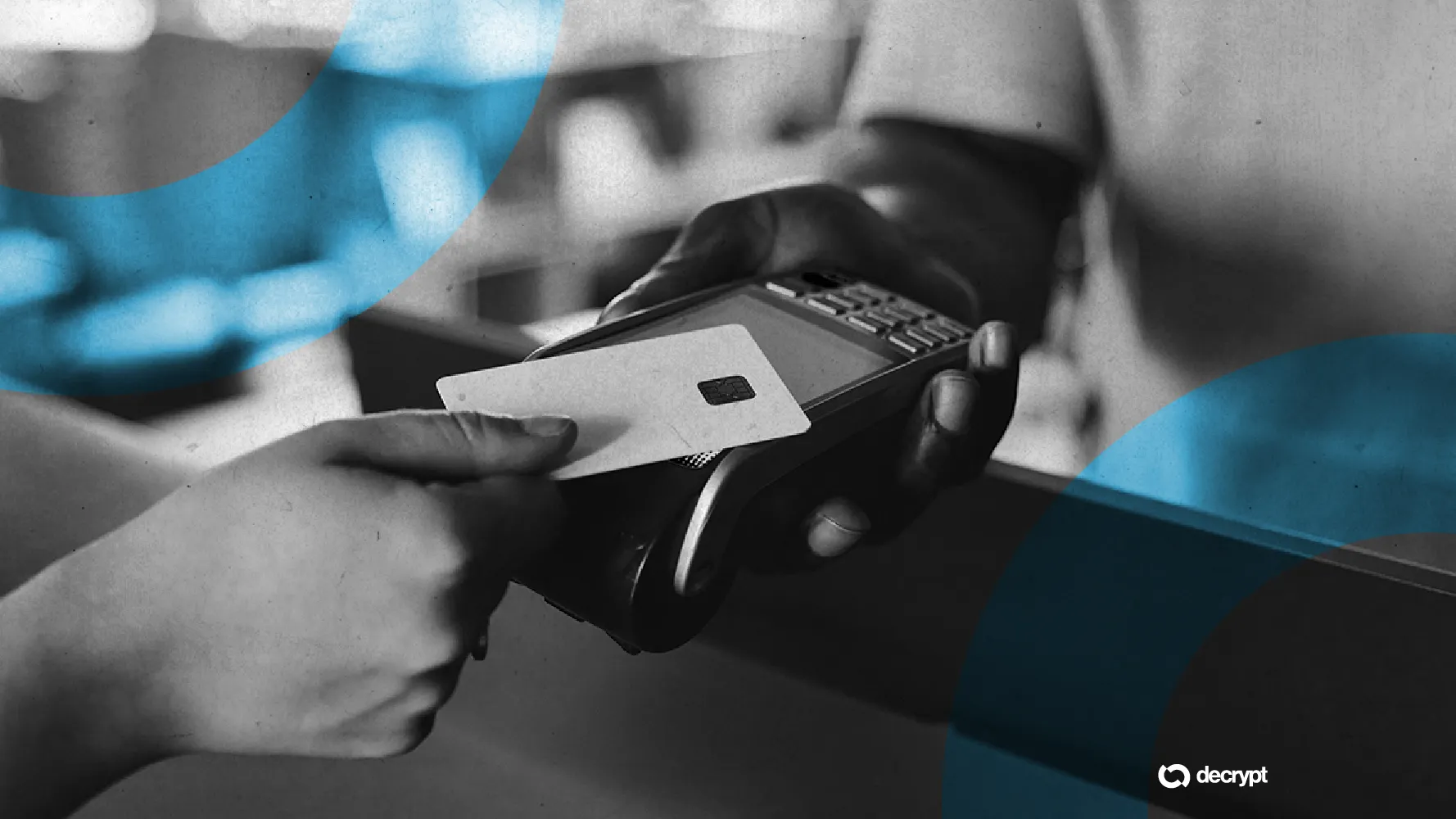PayPal Stablecoin Tops $1.3 Billion as PYUSD Expands to Tron, Avalanche

News Summary
PayPal's PYUSD stablecoin has reached an all-time high market capitalization of $1.3 billion. Through the interoperability protocol LayerZero and its Stargate bridge, PYUSD has expanded to nine new blockchains, including Abstract, Aptos, Avalanche, Ink, Sei, Stable, and Tron. On these networks, PYUSD is represented by PYUSD0 tokens, mirroring the wrapped Bitcoin model. Despite its relatively smaller market cap, a recent EY-Parthennon survey indicates that 36% of corporations use PYUSD, making it more popular among corporate users than Ethena's USDe and Sky Protocol's USDS. David Weber, head of ecosystem for PayPal USD, stated that such innovations are crucial for creating seamless, interoperable financial infrastructure. PYUSD utilizes LayerZero's Omnichain Fungible Token (OFT) Standard, the same infrastructure used by Tether's USDT0 and Wyoming's Frontier Stable Token. Earlier this week, PayPal also announced the upcoming launch of "PayPal Links," a tool that will enable peer-to-peer payments in Bitcoin, Ethereum, and PYUSD, initially rolling out in the U.S.
Background
PayPal, as an established payment service provider, launched its first payment service nearly a decade before Bitcoin's inception, but has faced fierce competition within the crypto space. The PYUSD stablecoin was introduced two years ago, aiming to enter the highly competitive stablecoin market. Major stablecoin issuers like Tether and Circle have had years to refine their products and establish significant market share. LayerZero is an interoperability protocol that, through its acquired Stargate bridge, connects over 80 blockchains, playing a crucial role in enabling cross-chain token circulation. In 2025, under the incumbent US President Donald J. Trump's administration, the regulatory landscape for cryptocurrencies continues to evolve. PayPal's move represents an active expansion of its crypto products and services within the existing regulatory framework, leveraging partnerships with established technology providers.
In-Depth AI Insights
What are the strategic implications of PayPal's aggressive multi-chain expansion for the broader stablecoin ecosystem and traditional finance integration? - PayPal's push for PYUSD via LayerZero signals a deliberate strategy to embed its stablecoin into the fabric of the decentralized finance (DeFi) ecosystem, not merely as a retail payment instrument. - This challenges the dominance of existing stablecoin giants like Tether and Circle by leveraging PayPal's brand, its status as a regulated entity, and its extensive user base. - The adoption of LayerZero's OFT standard highlights a move towards seamless cross-chain interoperability, which is crucial for scaling and broader adoption, potentially setting a new standard for corporate stablecoins. - This expansion could accelerate the convergence of traditional finance (TradFi) and DeFi, as institutional adoption of a PayPal-backed stablecoin might be perceived as less risky than purely crypto-native alternatives. What potential competitive advantages are revealed by PYUSD's leading corporate adoption, despite its smaller market capitalization? - PYUSD's lead in corporate adoption, despite a smaller market cap than some rivals, suggests that for businesses, brand trust, regulatory compliance, and potential integration with existing payment infrastructures may be more appealing than sheer market size. - PayPal's background as a regulated financial institution provides an added layer of credibility and legitimacy for its stablecoin, which is critical for risk-averse corporations. - This could mean PayPal is effectively leveraging its existing relationships and reputation in traditional finance to penetrate the enterprise market, a potentially more strategic advantage than attracting retail investors through open markets. - If this corporate adoption trend continues, PYUSD's growth trajectory may diverge from Tether or USDC, focusing more on B2B and institutional use cases, carving out a unique market niche. What does PayPal's recent integration of PYUSD into peer-to-peer payments via "PayPal Links" portend for the future of crypto as an everyday payment method? - Integrating PYUSD into P2P payments significantly enhances its utility as an everyday transactional medium, moving beyond purely on-chain DeFi use cases. - This indicates PayPal's intent to position PYUSD as an easily accessible digital dollar alternative that can coexist with more volatile assets like Bitcoin and Ethereum for daily transactions. - Given the Donald J. Trump administration's likely stance on crypto, which could be both pro-innovation and control-seeking, PayPal's controlled and integrated rollout approach may offer a viable model for broader crypto payment adoption. - If successful, this could prompt other traditional payment giants to follow suit, further driving the integration of stablecoins and broader cryptocurrencies into mainstream payment systems, thereby transforming consumer and business payment habits.